As Mark ‘Smartypants’ Twain once pointed out, “Truth is stranger than fiction,” and this year’s Oscar Best Documentary picks and new documentary releases definitely bear out his words. Even among the arm-sawing climbers and stammering monarchs, it’s hard to overlook a set of mesmerising true-life tales that speak of eye-watering corruption, hair-trigger tension and postmodern pop artists. Legendary documentarian Errol Morris is an elder statemen for this tribe of newbie (and not so new) filmmakers, but we’ve packed our Arriflex and tracked down six of the directors currently electrifying the documentary form. If you know your cinéma vérité from your direct cinema, here are a few names you should be familiar with.
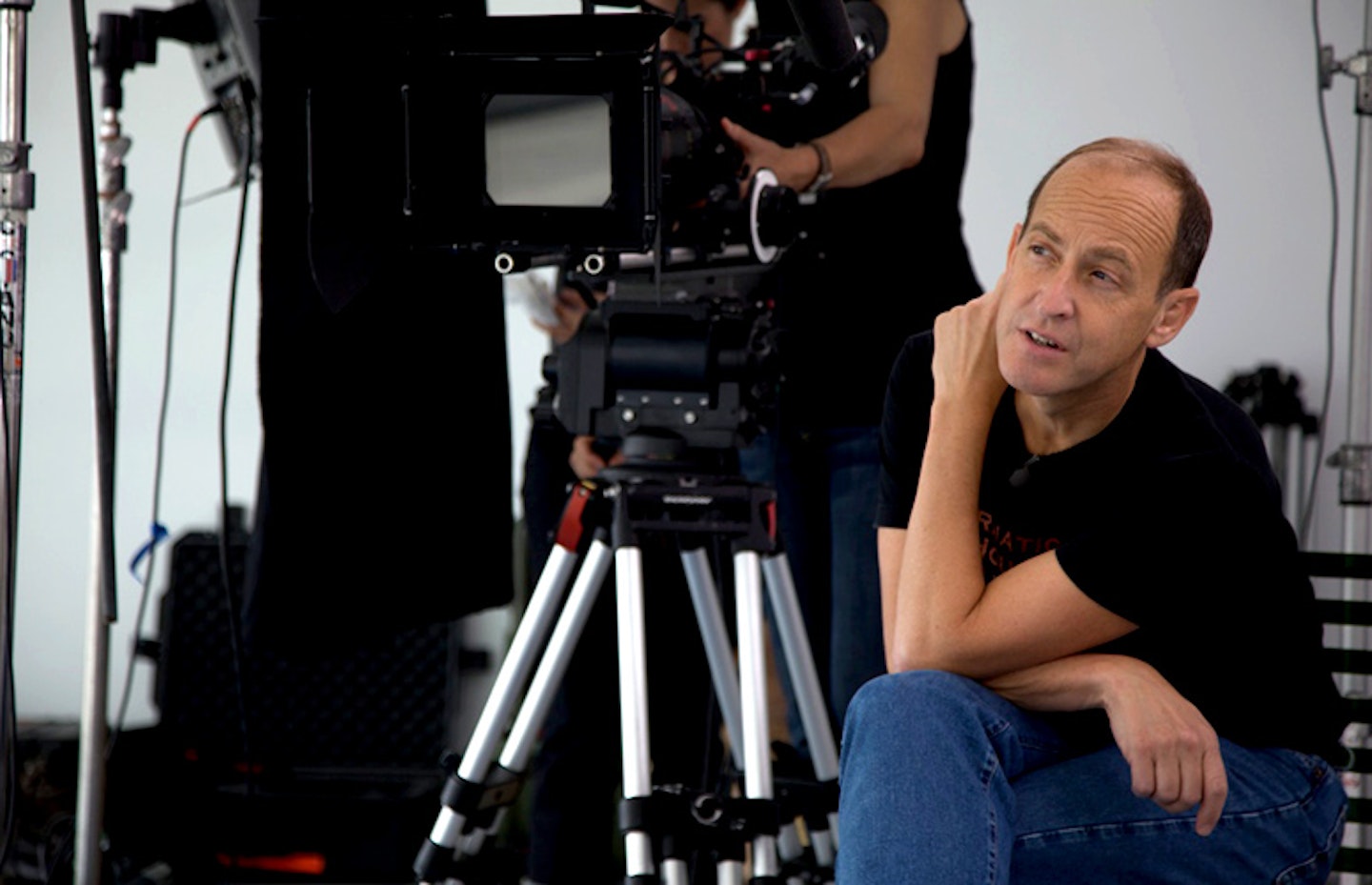
What you should see: No End In Sight (2007), Inside Job (2011)
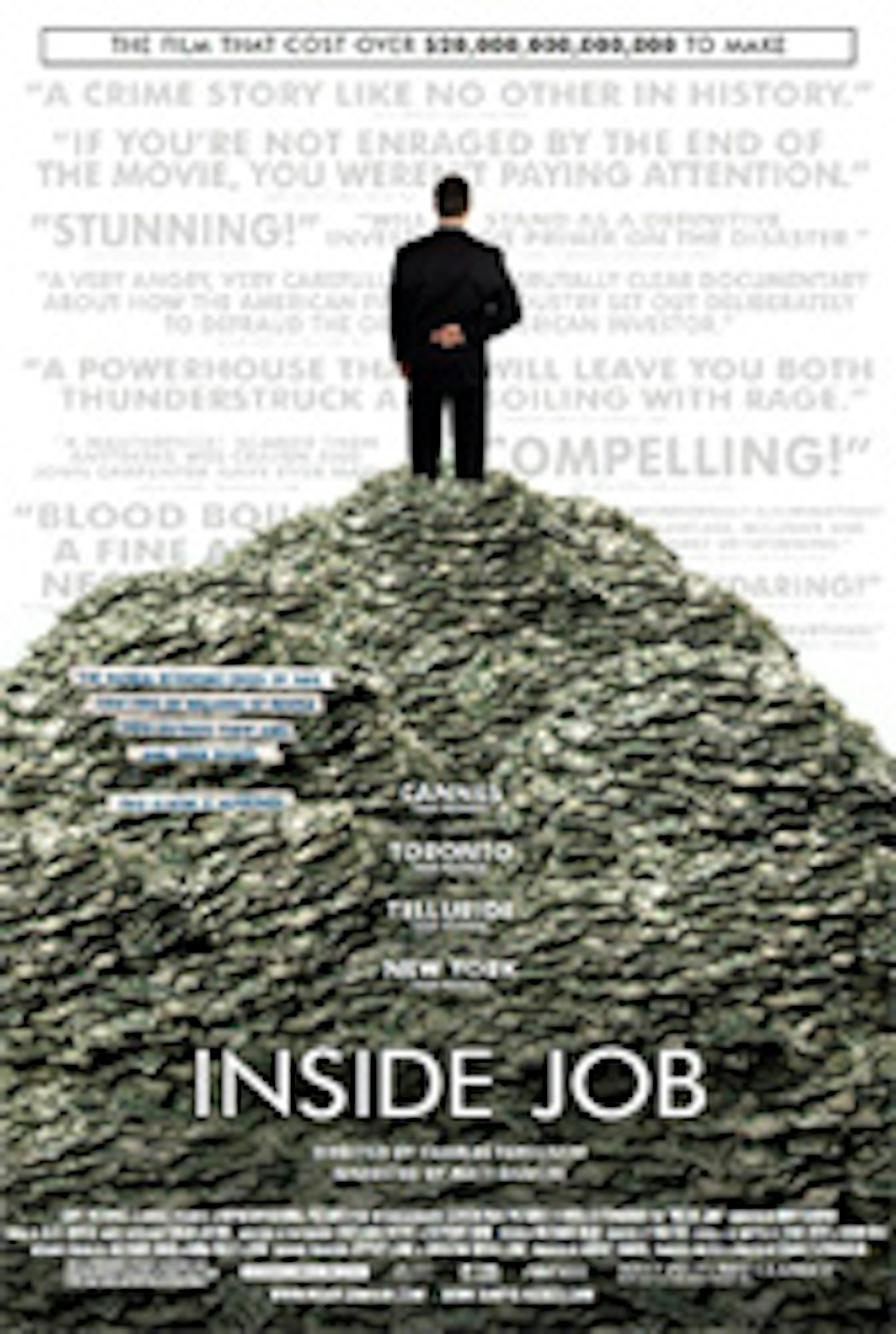
Filmmaking philosophy: “Filmmaking is my third life and I think both of my previous lives had an effect. I learned how to think and how to structure things and make arguments, and I think that helped a lot in making these films.”
What the critics say: "Masterfully edited and cumulatively walloping, No End In Sight turns the well-known details of our monstrously bungled Iraq War into an enraging, apocalyptic litany of fuck-ups." Rob Nelson, Village Voice
What you should see: Blindsight(2006), Waste Land(2011), Countdown To Zero (2011)
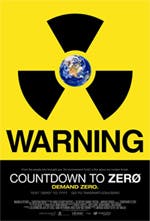As%20a%20Fulbright%20Scholar,%20Lucy%20Walker%20followed%20in%20the%20illustrious%20footsteps%20of%20Sylvia%20Plath,%20Boutros-Boutros%20Ghali%20and%20%E2%80%93%20go%20on%20then%20%E2%80%93%20John%20Lithgow.%20Her%20formidable%20and%20broad%20mind%20has%20led%20her%20to%20a%20diverse%20range%20of%20subjects%20in%20her%20documentary-making%20career,%20from%20the%20Amish%20(Devil%E2%80%99s%20Playground),%20and%20blindness%20(Blindsight),%20to%20the%20threat%20of%20mushroom-cloudy%20global%20annihilation%20(Countdown%20To%20Zero),%20and%20now%20art%20and%20poverty%20(Waste%20Land?auto=format&w=1440&q=80)
Filmmaking philosophy: “If you can get inside worlds that are closed to people, then it’s an opportunity to give audiences a window they can’t get somewhere else.”
What the critics say: “Blindsight's director Lucy Walker does justice to the full range of these children's experiences, treating them as intellectual and emotional equals and refusing to patronize or exoticize them.” Julia Wallace, The Village Voice
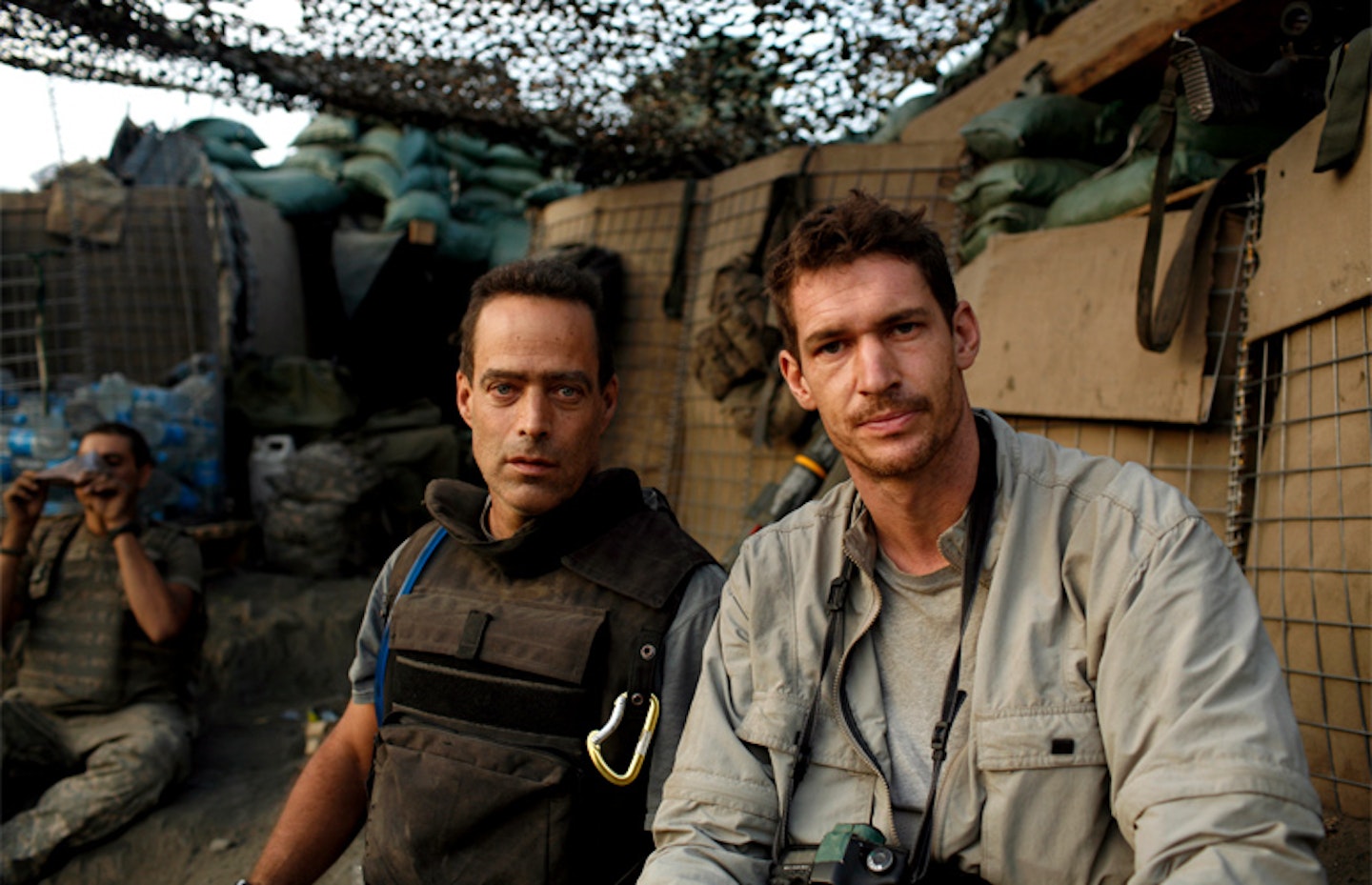
What you should see: Restrepo(2010)
Somewhere in the uncharted territory between photojournalism, news reportage, filmmaking and plain nutso risk-taking lies Restrepo, Brit documentarian Tim Hetherington’s (pictured, right) collaboration with fellow Vanity Fair stringer Sebastian Junger. The pair headed to Afghanistan’s Korengal Valley – dubbed by CNN “the world’s deadliest place” – in 2007 to follow a US army unit into action against the Taliban. They stayed for nearly a year, filming among the zipping tracer fire and shrapnel of exploding mortar rounds from an all-but invisible enemy. The pair absorbed the strain of combat without losing focus on the youthful troops they’d embedded with. The result was an Oscar-nominated documentary that avoided political critique in favour of the human toll war takes on its young participants. Restrepo – named after the unit’s medic, killed early during Hetherington and Junger’s filming – is heavily backed to win at the Kodak. Fingers will be crossed that the pair pools their talents again.
Filmmaking philosophy: “Everything is political at the end of the day, but Restrepo doesn’t give you a political stance to take away. It’s more of a Rorscharch test.”
What the critics say: “This real-life Hurt Locker is an intimate, often brilliant insight into combat and comradeship.” Empire
What you should see: Enron: The Smartest Guys In The Room (2005), Taxi To The Dark Side (2007)
Like a filmmaking Bob Woodward, Yale grad Alex Gibney has the smarts and nose for the darker corners that most news journalism just doesn’t reach. 2005’s The Smartest Guys In The Room was a brutal dissection of Enron’s corporate philosophy – think capitalism tweaked by Satan – and made compulsory viewing for every regulator, banker and politician on the planet. Ditto Taxi To The Dark Side, an Oscar winner a couple of years later, which traces the use and development of “enhanced interrogation” in the US Armed Forces. With Enron, Gibney employed Woodward’s “follow the money” mantra to depict a complex Greek tragedy in which Enron-ers Ken Lay and Jeff Skilling had cast themselves as the cash-grabbing villains. Gibney took the viewer far enough into the labyrinth of energy deals to give the story its legs, but not so far that our heads exploded – while Dark Side made a very compelling case that the abuses at Abu Ghraib and Gitmo were the result of more than a few bad seeds. His next doc sees Gibney proving that no-one does a political scandal quite like a US governor with a platinum card. Client 9: The Rise And Fall of Eliot Spitzer is another tale of ambition and disgrace, much of it falling at the feet of Spitzer, an ex-New York governor and a one-time posterboy for bank regulation, brought crashing to earth by a prostitution scandal.
Filmmaking philosophy: “I've been really interested in are kind of grand cons where people in power convince the relatively powerless of something that is really not in their best interest.”
What the critics say: “Enron is a horror movie and the picture it paints is scarier than anything offered by any of Hollywood's gore-fests.” James Berardinelli, Reelviews
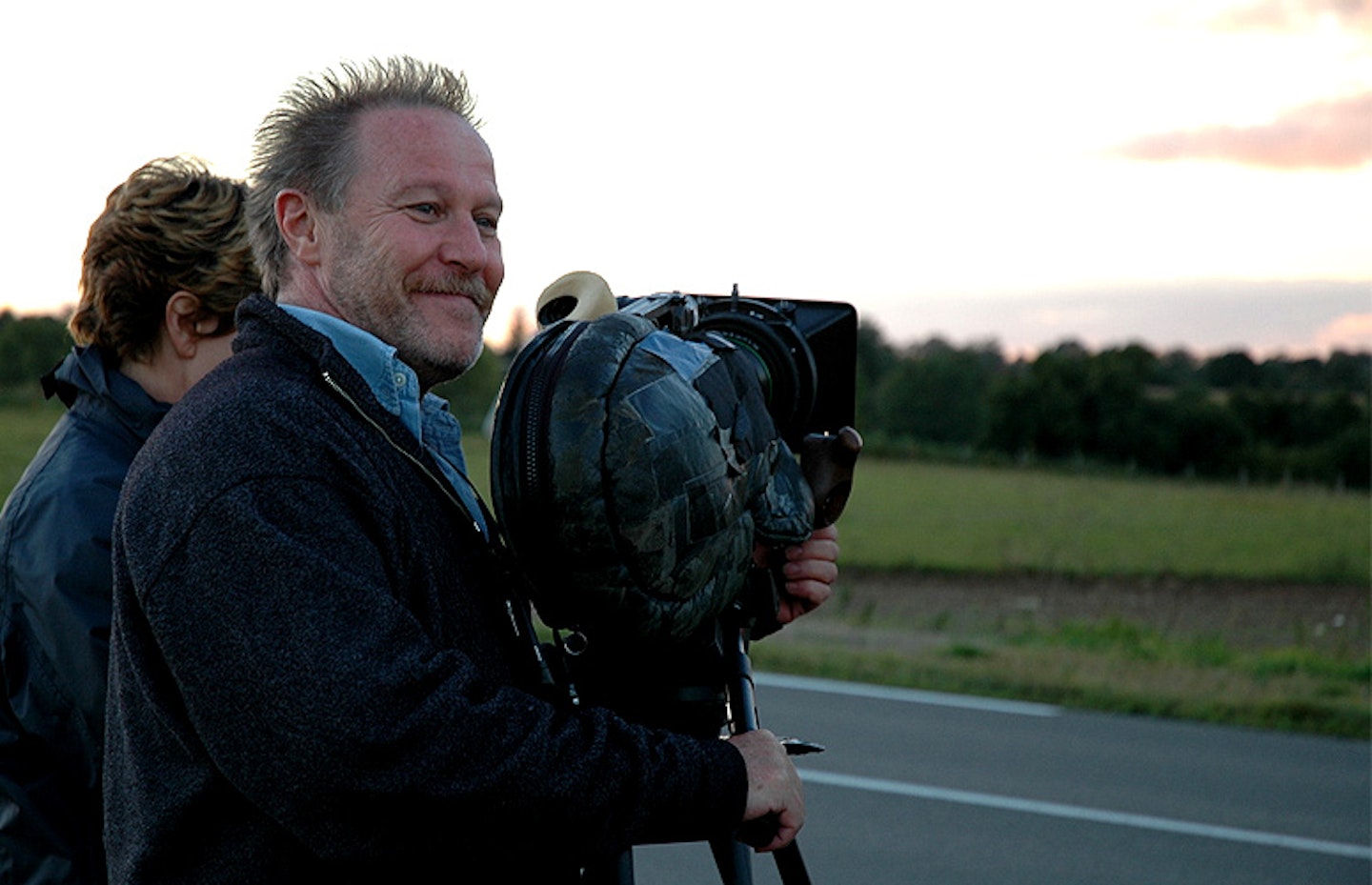
What you should see: Être Et Avoir(2002), Nénette(2011)
Raised%20in%20the%20Alps,%20Philibert%E2%80%99s%20filmmaking%20education%20began%20behind%20the%20ink-splatted%20desk%20of%20his%20father%E2%80%99s%20school,%20learning%20about%20the%20magic%20of%20film%20straight%20from%20his%20dad%20as%20he%20dreamed%20of%20making%20movies%20of%20his%20own.%20If%20that%20sounds%20a%20rather%20Cinema%20Paradiso%20biography,%20his%20documentaries%20have%20a%20similarly%20dreamlike%20quality.%20To%20make%20%C3%8Atre%20Et%20Avoir%20(%E2%80%98To%20Be%20And%20To%20Have%E2%80%99?auto=format&w=1440&q=80)
Filmmaking philosophy: “I like to give the viewers material to think with but never to tell people what they should think.”
What the critics say: “Nicolas Philibert is a rare filmmaker who might have taken his credo from E.M. Forster's admonition: ‘Only connect’.” Charles Taylor, Salon.com
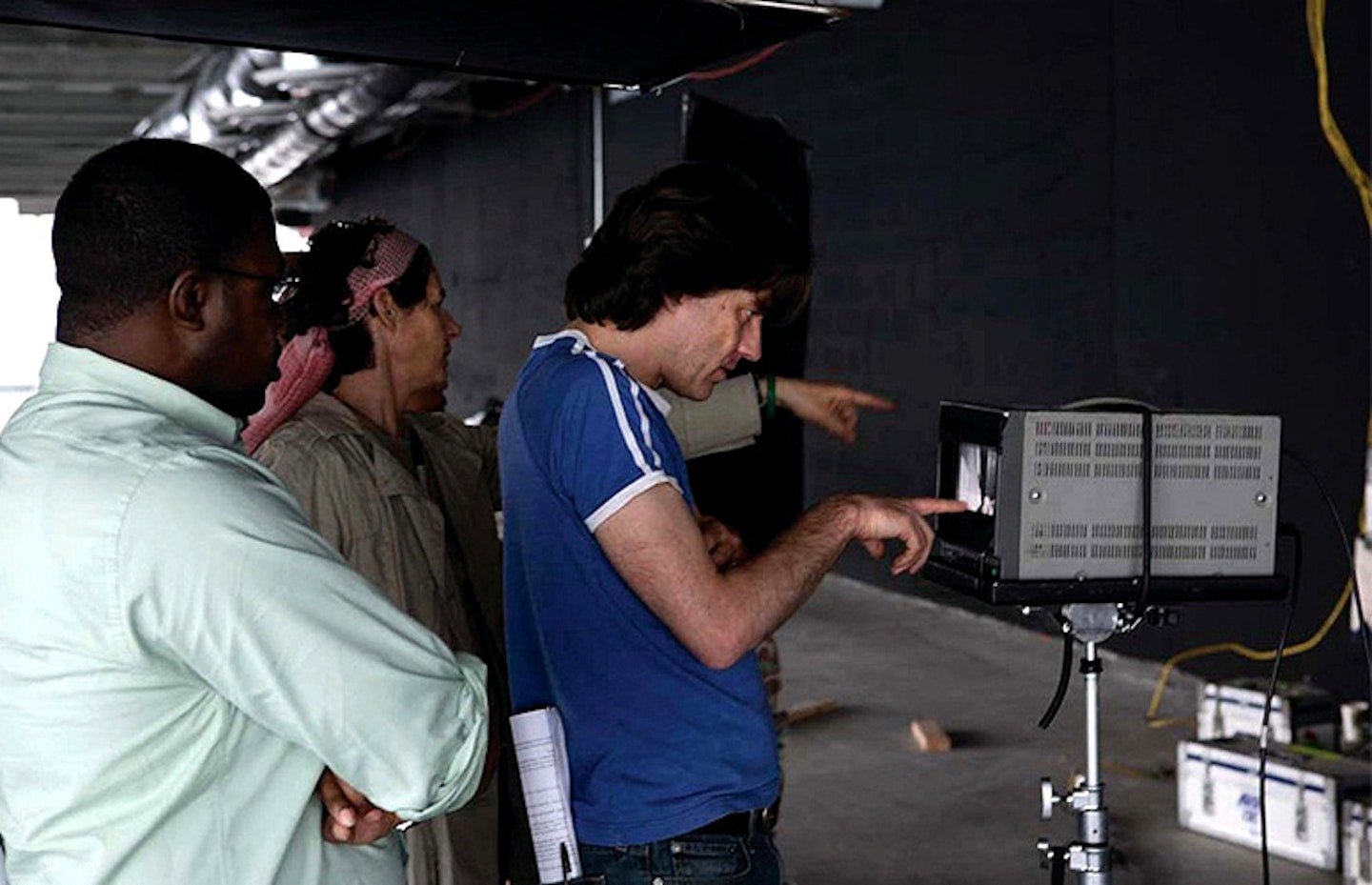
What you should see: The Team (2005), The King (2005), Man On Wire (2008)
Cornish-born and Denmark-based, James Marsh’s CV is chock full of films with a highly distinctive sense of place. From the rusted brick laneways of ’70s Leeds in Red Riding to the sultry underbelly of the US Deep South of The King and Wisconsin Death Trip, Marsh’s dramas – telly and feature-length – established storytelling credentials that translated beautifully into the Oscar-winning documentary Man On Wire. That, too, had the feel of a feature film, marrying the structure of a heist movie with a fragile love story between wire-walking freespirit Philippe Petit and his long-enduring girlfriend Annie. Marsh’s documentary connected powerfully with audiences and the Academy, winning him an Oscar. With influences ranging from the ‘20s newsreel vérité of Dziga Vertov to Chris Marker’s short La Jetée to Southern Gothic and Gallic noirs, Marsh is almost impossible to pin down. The real and unreal mingle on his CV but never in his films; truth and fiction are always delineated and recreations carefully constructed. Next up is an adaptation of Elizabeth Hess’s book Nim Chimpsky: The Chimp Who Would Be Human, so expect maybe more acrobatics, too.
Filmmaking philosophy: “With documentary, you have to represent something that is truthful — dramatically truthful as well as literally truthful.”
What the critics say: “Philippe Petit’s epic tale of two towers in Man On Wire is almost as fantastic as J.R.R. Tolkien’s.” Empire
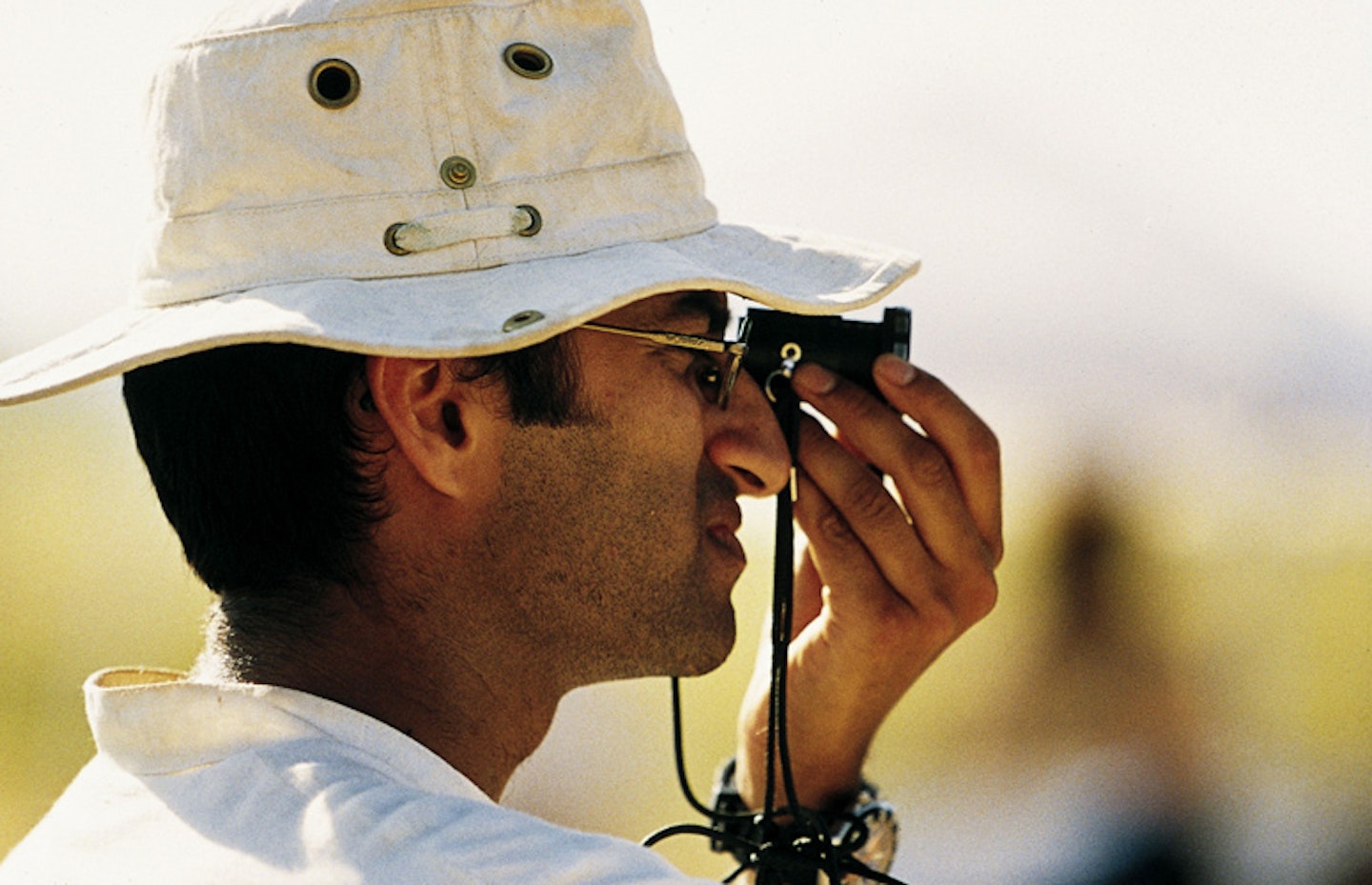
What you should see: The Warrior (2001), Far North (2007)
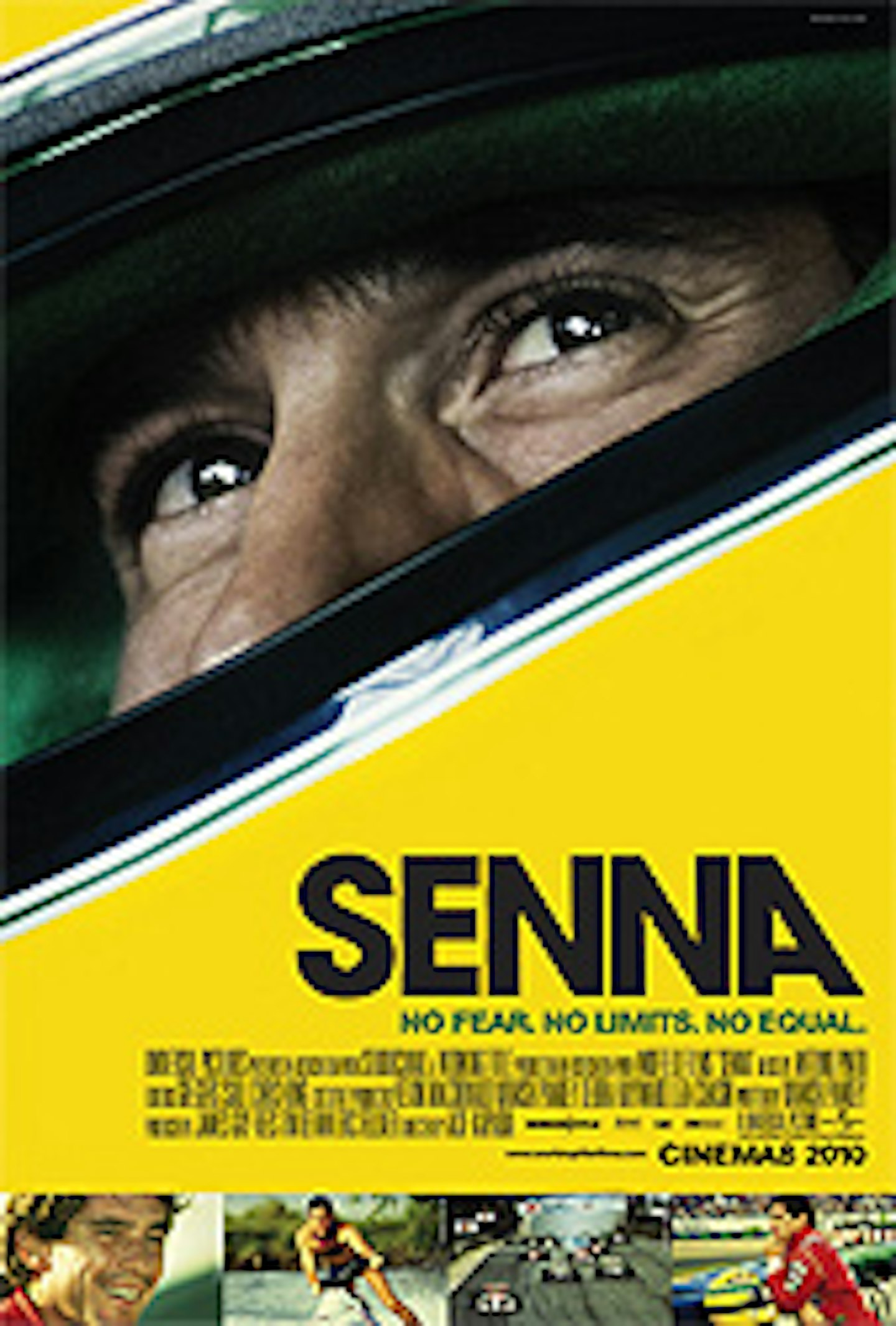
Filmmaking philosophy: “I wanted Senna to work dramatically like a fiction film, and as so much fantastic footage existed of Ayrton, we just needed the time for our brilliant team of researchers to find it.”
What the critics say: "Sometimes a documentary will unexpectedly reach out and grab you by the throat, not giving you a second to breathe. That's that way it was with Senna." Kenneth Turan, LA Times